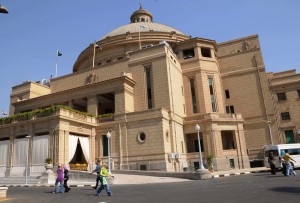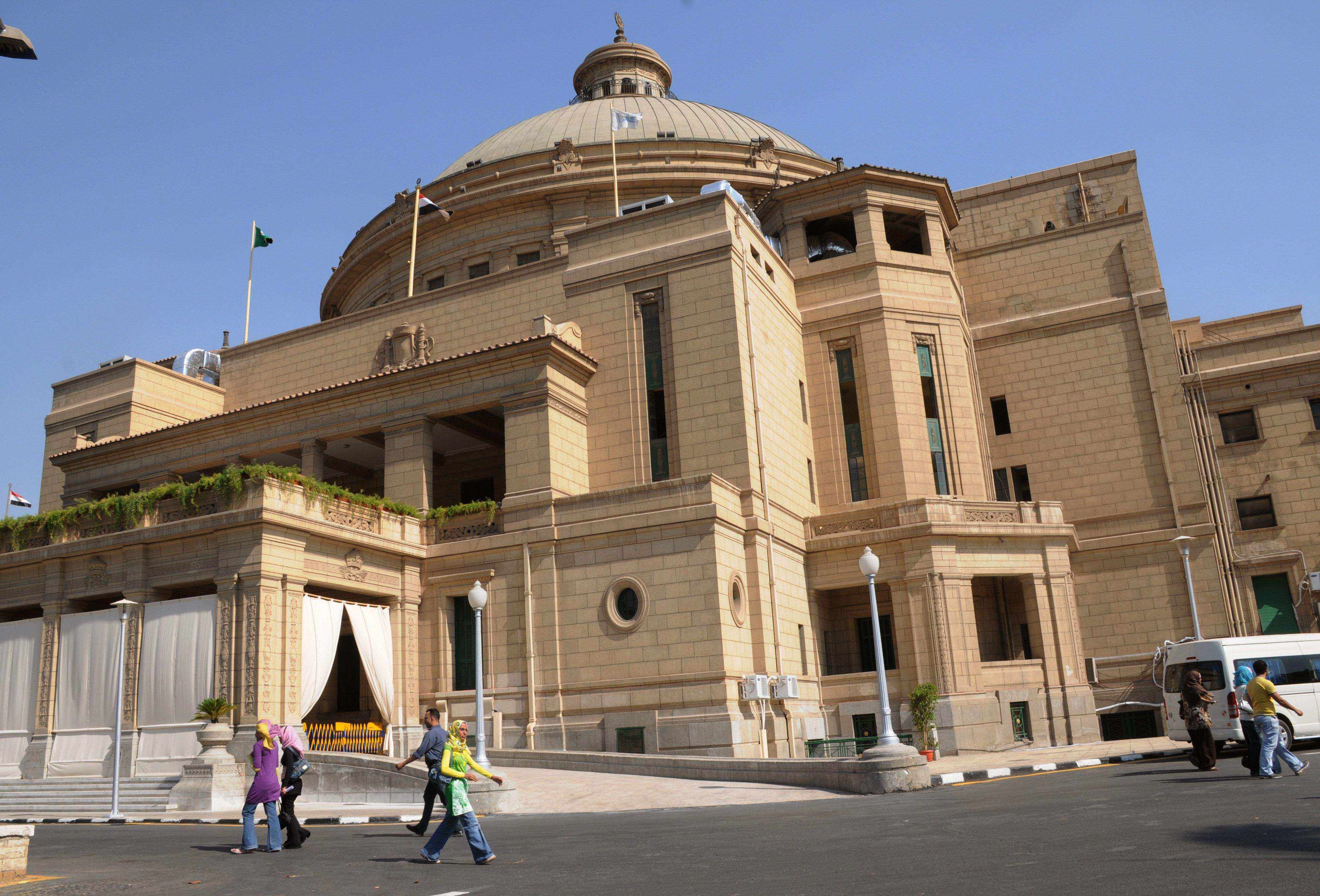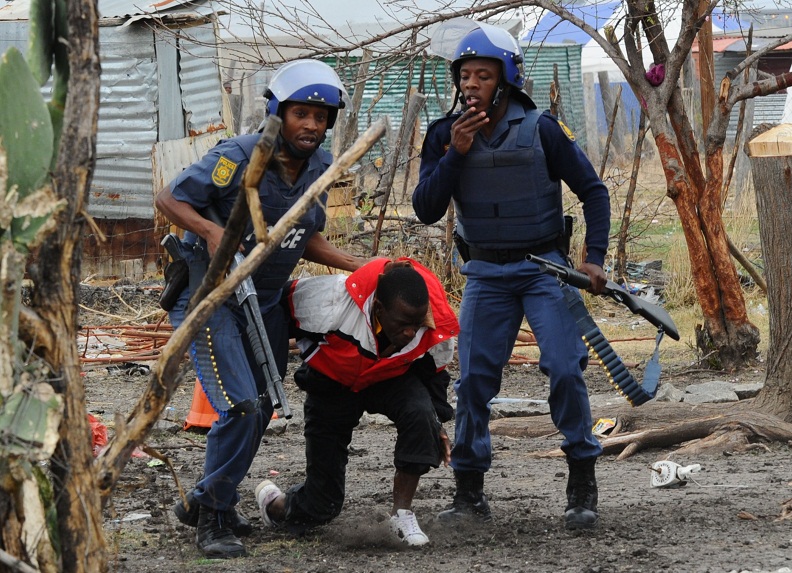
(AFP Photo)
The Supreme Council of Universities decided to ban partisan activities on university campuses, making the announcement in a statement on Sunday.
The statement affirmed that holding political seminars and lectures would still be possible, but banned political parties from conducting any activities or distributing propaganda within universities.
After the revolution of 25 January, many student groups with the names of political parties were formed. The groups were often engaged in mobilising students to vote for the candidates of their parties in elections.
Mazen Essam, spokesperson for the Misr AlQawia Party, refused to comment on the decision, saying that the Misr AlQawia student movement is independent from the party “except for their name and common ideology”.
Sanaa’ Ahmed, spokesperson for the Misr AlQawia student movement, said that the movement does not follow the orders or agenda of the party, adding that movement members do not mobilise students in favour of the party’s interests. “We work independently and some members of the movement are not even members of the party,” Ahmed added.
Ahmed said he agrees with the council’s decision, since it bans partisan activities and not politics in general. “Partisan activities seek to promote the interests of parties rather than students, while political seminars and debates enrich students’ skills, which is very important.”
Mohamed Helal, head of the student union of Cairo University’s Faculty of Law, described the decision as “perfect”, saying that students should engage in political and not partisan activities on campuses.
Heba Yassin, spokesperson of the Popular Current, said the decision is an attempt to limit students’ political activities after the failure of Muslim Brotherhood student groups in student union elections. “The Brotherhood are now afraid due to the huge success of students affiliated with civil parties and they want to control them.”
Shaheer George, a board member of the Free Egypt party, said the decision is partially correct. He explained that university professors should not mobilise students and lectures should focus on educational courses. However, he added that students should discuss politics and react to political events. “Controlling political activism would be fine, but banning it is not acceptable,” he concluded.


